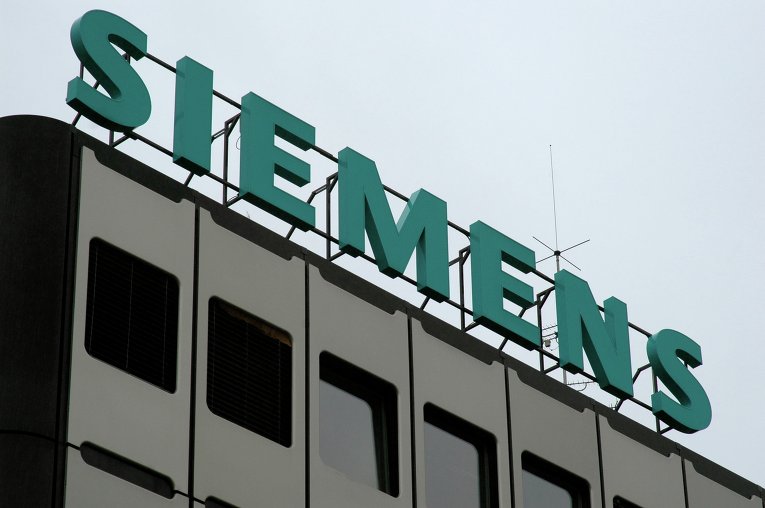MOSCOW, September 18 (RAPSI) – The Moscow Commercial Court has set preliminary hearings in a lawsuit filed by prominent German conglomerate Siemens against Russian Technopromexport, a subsidiary of state corporation Rostec, until October 16, the court’s documents read on Monday.
The lawsuit has been lodged over alleged supply of the conglomerate’s turbines to Crimea.
On Monday, the court also granted a motion filed by Russian subsidiary of Siemens, Siemens technologies of gas turbines, changing its status from a defendant to a co-plaintiff. The company’s lawsuit against Technopromexport companies will be reviewed on October 20.
In July, Siemens asked the court to seize four turbines constructed by its subsidiaries and prohibit defendants from installing these turbines, acquired in 2015. The court dismissed this claim due to the lack of evidence.
Earlier, reliable sources told Siemens that at least two out of its four gas turbine installations provided for a project in Southern Russia were transferred to Crimea.
Siemens believes that these actions are in clear violation of the conglomerate’s distribution contracts prohibiting a client to provide equipment to the region. Siemens initiated investigation into persons responsible and filed lawsuits with the Moscow Commercial Court seeking cancellation of all additional provisions to Crimea and return of equipment to its original point of destination.
In March 2014, the European Union imposed sanctions against Russia over reunification of Crimea and Sevastopol with the country, deemed “illegal annexation” by the European Council.
The measures apply to EU citizens and companies registered in the EU member states. They are prohibited to import products from Crimea or Sevastopol into the EU territory, as well as to invest in the region, in particular, to acquire real estates or finance local enterprises, and supply related services. Cruise ships of EU member states should call at the peninsula’s ports only in cases of emergency.
In a separate paragraph, the European Council’s decision prohibits to export a number of goods and technologies to regional companies or for use in the region in the transport, telecommunications and energy sectors, as well as those related to the prospection, exploration and production of oil, gas and mineral resources. The Council of the European Union has also banned the provision of all kinds of technical assistance, brokering, construction or engineering services related to infrastructure in the said sectors.
Last time, the sanctions were extended until June 23, 2018.



